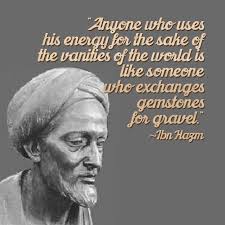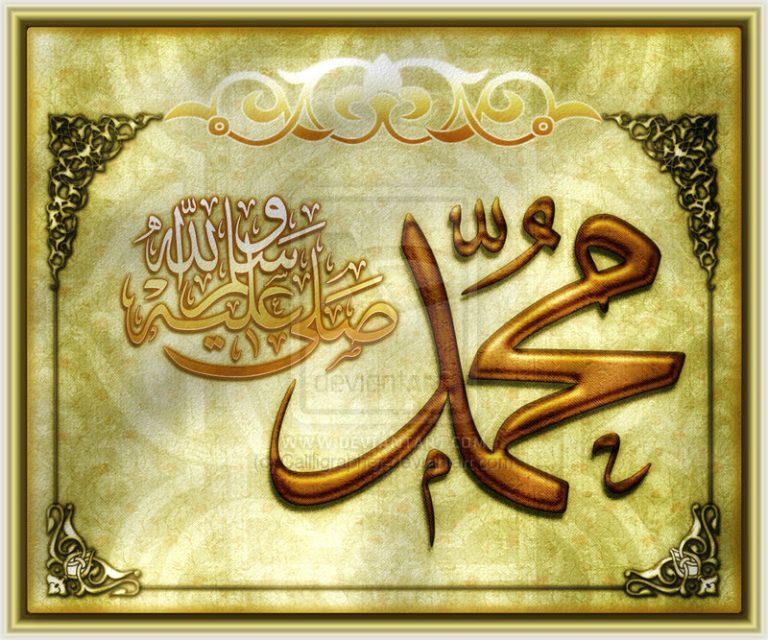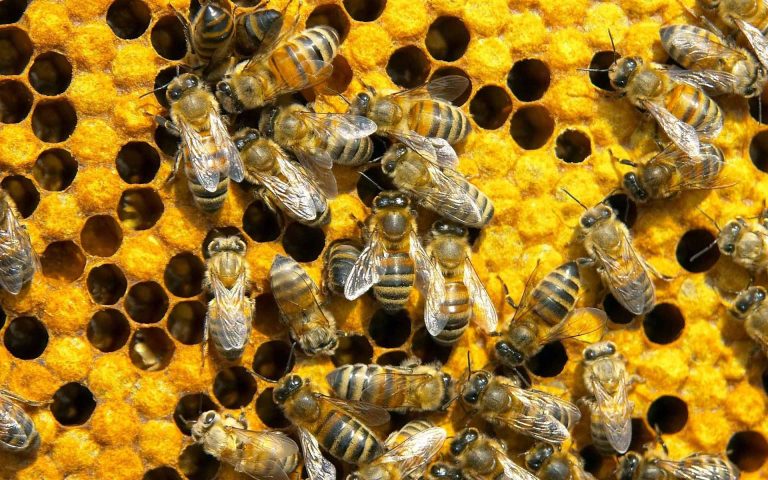Imam Ibn Hazm Al-Andalusi: Who Is He? (Part 2/2)

Ibn Hazm was a great investigator in historical affairs. Translators of his works have rated him highly and opine that he gathered the knowledge of history from both Oriental and Western sources. He authored several books in history. He wrote several biographies and books on lineage. Following are some of them: Al-Marifata bil-Ansab, Al-Tarikhul `Aam. However, the best known among his books on lineage is Jamharatun Ansab al-`Arab.











